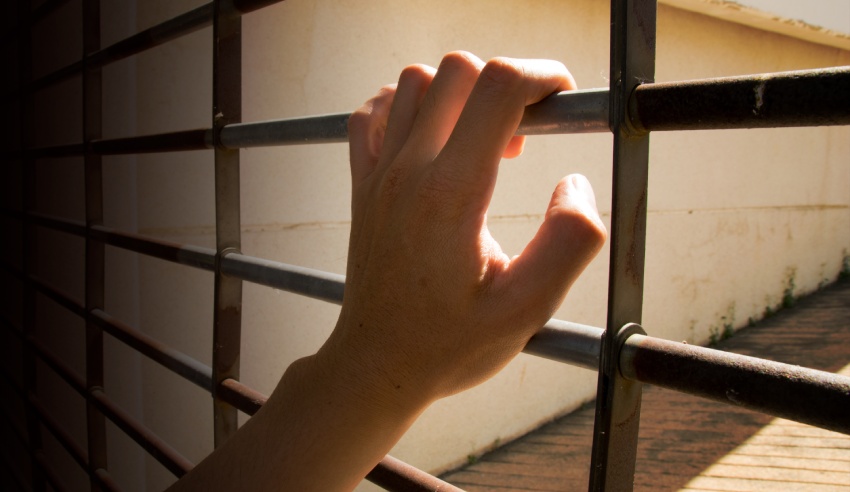In an open letter, a coalition of health and medical organisations have called on the federal government to raise the criminal age of responsibility, citing strong evidence that suggests children caught up in the criminal justice system have at least two mental health disorders and are twice as likely to experience psychological distress.

The letter, addressed to premiers, health ministers, and attorneys-general, requests urgent action on raising the age of criminal responsibility from 10 to at least 14 years old to prevent more children from experiencing high psychological distress. They argue that it is particularly harmful to put children, whose brains are not fully developed, behind bars where they can develop damaging mental health disorders.
“As children driven into contact with the legal system are likely to have a lower functional age and have not yet developed critical cognitive functioning, we are strongly recommending the age of criminal responsibility be raised to at least 14.”
In addition to developing mental health disorders, many children behind bars have also experienced significant trauma and have developmental impairments. Research shows that children are further damaged when incarcerated and, due to the impact this has on their reasoning and decision-making, will never leave the justice system.
The experts added that alternative models to incarceration have already been established, and there is already an evidence-based pathway to raising the age, as set out by an independent review headed by Emeritus Professor Morag McArthur. In particular, the review provides options for therapeutic and restorative care.
Public Health Association of Australia (PHAA) CEO Terry Slevin commented: “There is now clear evidence that children in the youth justice system in Australia have high rates of additional neurocognitive impairments, trauma and mental health issues.
“Incarceration is only likely to make these development problems worse, laying down health and social problems into the future for these kids and for all of society.”
